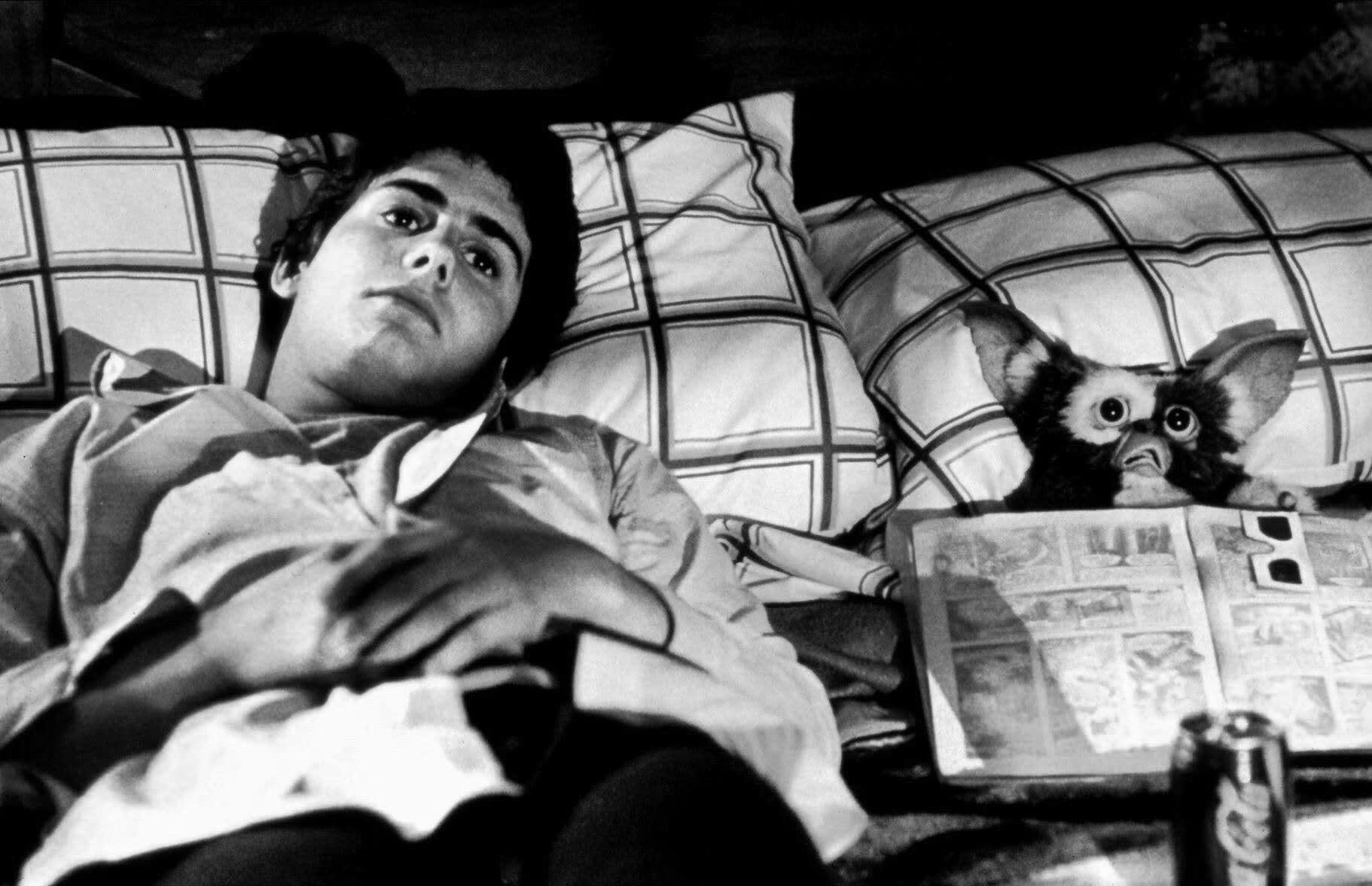Tom Hanks on his new novel, the importance of film crews, and the movie industry "at a crossroads"
Tom Hanks has starred in some of America's favorite movies over his four-decade-long career, including "Forrest Gump," "Sleepless in Seattle," "Apollo 13" and "Toy Story." Now he's going behind the scenes of the film industry as the author of a new novel titled "The Making of Another Major Motion Picture Masterpiece."
The novel delves into the process of creating a film from its conception to its release, and draws on Hanks' own experiences in the movie business. He shared some anecdotes, including a story about how he sometimes watches his old movies on TV and critiques his own performances.
In an interview on "CBS Mornings," Hanks emphasized the importance of every member of a film crew and the pressure of ensuring everything is perfect on set, as even a small mistake by a single person could cause delays or result in a costly reshoot.
"There's a moment that comes where a single cog in the machinery has not had time to prepare or dares to make a mistake, and guess what? You're waiting for that moment to come. The pressure, I think, could be back-breaking on anybody," he said. "That can also mean an actor who hasn't really thought through the moment, or a director who hasn't really— who freezes, or a lens that is not in the kit that needs to go in the camera."
"The crew goes through everything," he added.
TV and movie writers went on strike last Tuesday after negotiations with film studios failed to reach a new contract. The last Writers Guild of America strike happened in 2007-2008 and affected many film and TV productions in Hollywood, including Hanks' movie "Charlie Wilson's War," which was in the middle of filming at the time.
Hanks recounted that the strike was a tough time for everyone involved in the industry, as it prevented writers from working and caused many productions to come to a halt. He particularly recalled the impact it had on the crew of "Charlie Wilson's War," who were unable to work during the strike.
"It was the most depressing time on a set I've ever had," Hanks said. "Everyone was just sitting around waiting for news, waiting for some kind of breakthrough. And it wasn't coming."
That writers' strike lasted for 100 days and ended up costing the industry an estimated $2.5 billion. Many actors and filmmakers spoke out in support of the striking writers, including Hanks, who publicly stated his solidarity with them — which he continues to show to this day.
"The entire industry is at a crossroads, and everybody knows it," he said. "The financial motor has to be completely redefined" in ways that will benefit the people who create entertainment content.
"First up is the writers. We do not have scripts without writers," Hanks said. "We do not have filmed stories without directors, and the actors are coming up as well. So there is going to have to be some sort of sit-down, and for the common good of the arts and sciences and the business of show — like minds are going to have to come down and be equitable, and believe it or not, some type of win-win situation."



